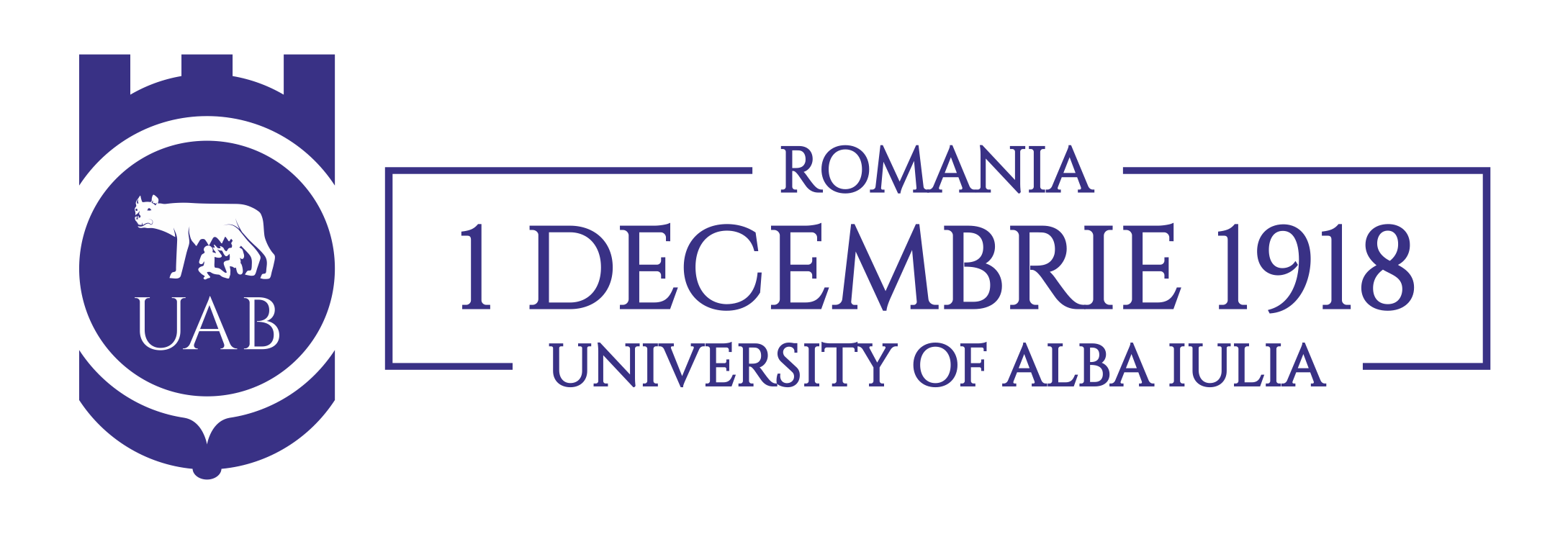National funds - Competitions
National Plan for Research, Development and Innovation for the period 2015 - 2020 (PNCDI III)
National Programs pertaining to PNCDI (III)
Program 1: Development of the national research and development system
Sub-programme 1.1. Human resources
Financing tools:
Postdoctoral Research Projects (PD)
Research projects to stimulate young independent teams (TE)
Young Researcher Scholarship (BT)
Awarding research results - articles (ACCURATE)
Awarding research results - patents (PRECBVT)
Researcher mobility projects (MC)
Mobility projects for experienced diaspora researchers (MCD)
Mobility projects for young researchers in the diaspora (MCT)
"Stefan Odobleja" Research Fellowships (BSO)
"Spiru Haret" Research Fellowships (BSH)
Subprogramme 1.2. Institutional performance
Financing tools:
Complex projects carried out in CDI consortia (PCCDI)
Subprogramme 1.3. Research and development infrastructures
Subprogramme 1.4. Support
Program 2: Increasing the competitiveness of the Romanian economy through research, development, and innovation
Subprogramme 2.1. Competitiveness through research, development, and innovation
Financing tools:
Bridge Grant (BG)
Demonstration Experimental Project (PED)
Transfer to economic operator (PTE)
Innovation checks (CI)
Solutions (SOL)
Cluster organization and development - Innovative Cluster (CLS)
Program 3: European and international cooperation
Subprogramme 3.1. Bilateral / Multilateral
Financing tools:
Mobility projects (PM)
Complex projects (PC)
Subprogramme 3.2. Horizon 2020
Financing tools:
- GEOTHERMICA
- FLAG-ERA-II
- QuantERA
- MANUNET III
- EuroNanoMed III
- ERA4CS
- ACT
- ProSafe
- NEURON
- FACCE-SURPLUS
- CoBioTech
- SUSFOOD 2
- BIODIVERSA 3
- CORE Organic Cofund
- ERA-GAS
- WaterWorks 2015
- ENSUF - ERA-NET co-fund Smart Urban Futures
- E-rare 3
- ERA-NET Smart Grids Plus
- WaterWorks 2014
- ERA.Net RUS plus
- INCOMERA
- ERA-MIN2
- Chist ERA-III Cofund
- BiodivScen
- MarTERA
- M-ERA.NET
- SusCrop
- Sustainable Urbanisation Global Initiative
- Smart Cities and Communities (ENSCC)
- PerMed
- WaterWorks 2017
- ERA-Net SG+ RegSYS
Subprogramme 3.5. Other European and international initiatives and programs
Financing tools:
AAL "Active and Assisted Living" program
Co-financing of NATO SPS projects
European and international cooperation - Eureka Traditional (Network), Eureka-Cluster and Eurostars projects
Subprogramme 3.6. Support
Financing tools:
Award for participation in Horizon 2020 (H2020)
Program 4: Basic and Frontier Research
Financing tools:
Exploratory research projects (PCE)
Complex Border Research Projects (PCCF)
"ERC - like" (ERC) research projects
B. International programs
Bilateral cooperation
Bilateral cooperation is the fastest and most effective "gateway" to regional, European, and international cooperation. It is an opportunity that can be exploited in the short and medium term due to the creation and consolidation of partnerships so necessary for regional, European, and international cooperation for scientific and technological research programs with considerable financial resources. More…
Framework Program 7
The 7th Framework Program of the European Community for Research, Technological Development and Demonstration Activities (2007-2013) abbreviated FP7 - is the most important European research tool and is intended to support participants from universities, public authorities, enterprises (large and small) but also researchers from different countries. More…
COST
COST is the European instrument that supports the scientific and technical cooperation of European researchers.
COST was initiated in 1971 at the Brussels Ministerial Conference, and Romania became a member country in 1997 following the decision of the Prague Ministerial Conference. Since the inception of COST, the European Commission has played a key role in developing and coordinating this European framework. More…
EUREKA
Eureka was established in 1985 as an intergovernmental initiative to increase the productivity and competitiveness of European industry and economy in the world market through close cooperation in the field of advanced technologies between industrial enterprises, universities, and research institutes.
Romania has been a member of the EUREKA initiative since 1997, the Romanian Eureka Secretariat operates within the Ministry of Education, Research and Innovation - National Authority for Scientific Research (ANCS). It provides information, advice on drafting project documentation, and support in establishing partnerships with participants from other EUREKA Member States. More…
EUROPEAN FOUNDATION FOR SCIENCE
The European Science Foundation is a non-profit international non-governmental association whose members are institutions dedicated to promoting scientific research. The ESF comprises 80 institutional members from 30 countries, representing most of the key players in European science and technology, including most of Europe's major research councils, as well as national science academies. This institution acts as a catalyst for the development of science by bringing together leading researchers and funding agencies for the purpose of debating, planning, and implementing pan-European initiatives.
